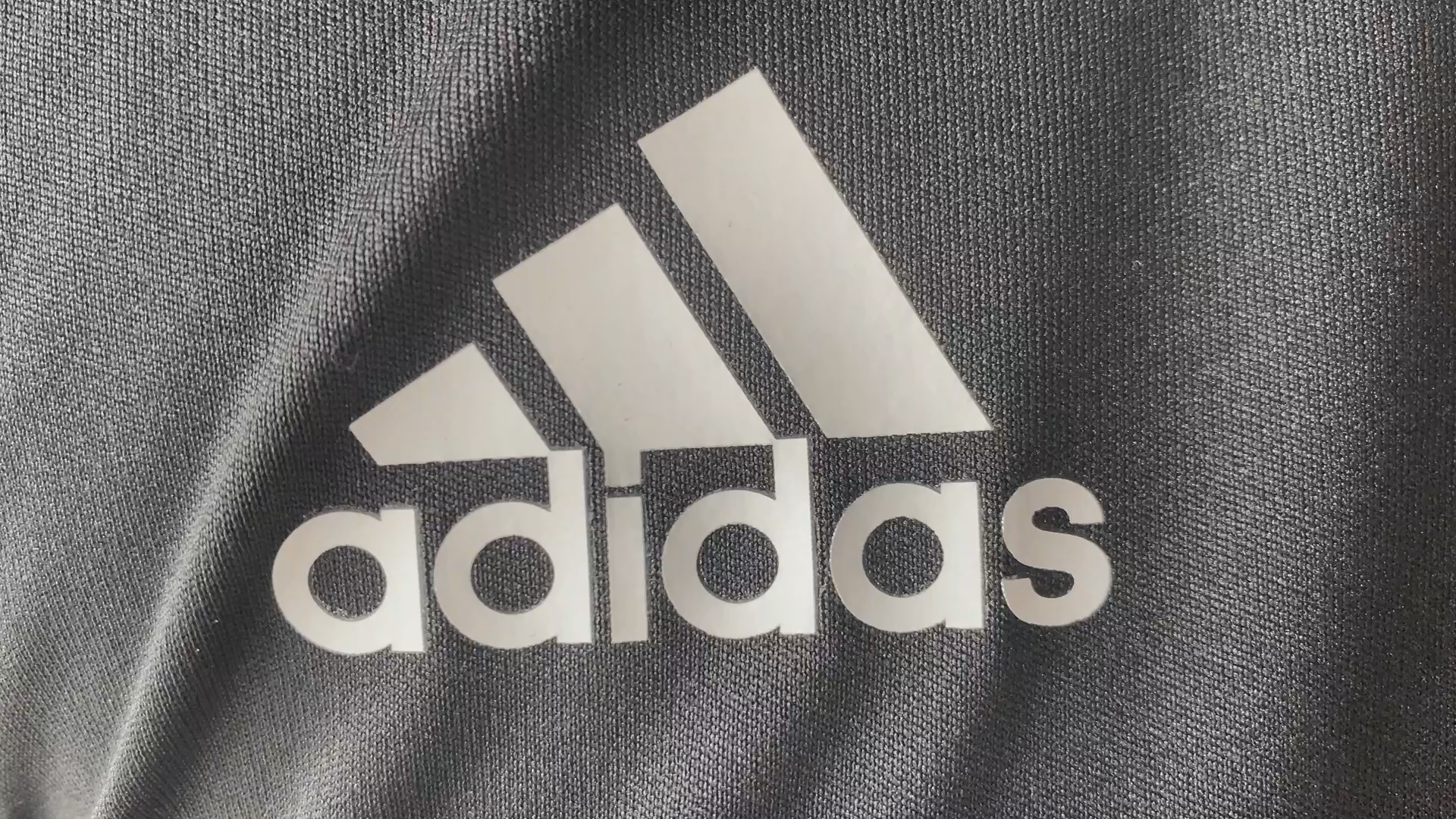Esports, The New Battleground for Sportswear Brands
Trent Murray from The Business Journal sits down to discuss how sportswear brands are fighting it out in the new generation and market of esports across the world.

Esports is quickly becoming the next generation of sporting entertainment with viewership numbers growing by hundreds of thousands every year and more money being driven into the industry. The esports industry has gone a long way from holding fighting game tournaments in hotel basements with bad lighting in the 90s, to Champions League like events being taken place in China in front of tens of thousands in attendance and millions more online. Brands such as Mercedes-Benz, BMW and Red-bull are starting to get involved with the industry, but esports now finds itself begin overloaded with sportswear brands trying to tap into this untouched, new and younger audience of the next generation of sporting entertainment.
Why are these athletic wear brands involving themselves with a online sporting industry. Trent explains that the average age of traditional sports viewers is rising because the younger audience is steering more towards esports. “Many of the major leagues in the US, the average age is increasing with MLB having an average age of 50 for its viewers. Basically what is happening is the last generation is watching YouTube instead of TV and a bi-product of that has been a deduction of their consumption of sports media. If sports media didn’t reach these streaming platforms where the younger generation are they simply aren’t watching sports.” He goes on, “It’s very important for these brands to reach the younger audience and that audience is not watching traditional sports to the same degree as they were before, they are instead watching digital media and a big part of that is esports.” He explained.
Trent also made a case that customers have a principle of loyalty to a brand for a number of reasons. Being the first brand to partner with you’re favorite team to take them to the next level will draw a lot of loyalty and support from those customers. Trent explains, “The older generation of esports fans remember when esports wasn’t cool, they remember the basement events with little lighting and bad seating arrangements with very small sponsors. So if you come into esports the right way by supporting this thing where people have waited their whole lives for the sport they love to be given the recognition it deserves and you’re enabling the success of esports then there will be a lot of loyalty to your brand.” He makes the example “If I’m a Rocket League fan and Adidas comes in to sponsor an event of league then as a fan of the esport not only will I see the Adidas logo and think of them as a brand but I will also see it as Adidas helping to support and grow the sport I love, this goes a lot farther than seeing a logo in a football stadium.” It’s clear that to an industry that has grew from nothing the support from brands like Adidas to help grow esports goes a long way for everyone involved that there will be a continued loyalty towards them.
Sportswear in esports is a necessary step for esports to grow towards the size of traditional sports, so far esports has been built off the backs of people who have followed it since the creation and the new generation who have discovered it through the digital age. What big name sponsors and most notably sportswear sponsors have going for them is their brand being recognisable to all regardless of where you find it. Trent explains that brands being recognisable to all works for the advantage of esports to help bring a legitimacy to the sport and allow new fans to be drawn in. He says, “It brings a legitimacy to esports, Nike is a brand I know even if I don’t follow esports or video games at all but I see Nike who support traditional sports that I like, It tells me that there must be something in esports because these huge brands are getting involved in it. It helps to tear down barriers that esports have.”
As necessary as sponsorships and deals with sportswear brands are to esports taking the next step, there are still concerns that more money entering the scene could mean the sport becomes more of a business like we see in traditional sports. Trent echos this worry but believes that the positives of having these brands involved heavily out weights the negatives. Pointing out that the Super Smash community came under fire after it was revealed a lot of kids exploitation was taking place in a unregulated esport scene. He says, “I think any time there’s money involved in something there’s always the chance of changing power dynamics. I think for where esports is at right now there is a need for sustainability and professionalism in the space, last summer we saw a lot of issues in the Super Smash Bros community which has largely been unregulated has very little sponsorship and investor money leading to a lack of professionalism. Under the surface it turned out a lot of children were being victimised in that community because there was no structures for oversight giving an opportunity for people with predatory intentions to take advantage of these kids who were just wanting to go watch a Super Smash Bros tournament.”
Analyst of League of Legends, Kyle Lewis shares the notion that for esports to grow to one day level traditional sports, sportswear sponsorships is imperative to that growth. He says, “The money from these deals will allow the teams to sustain, to invest in new games and to take risks in the space to grow their outreach globally and to new audiences.”



